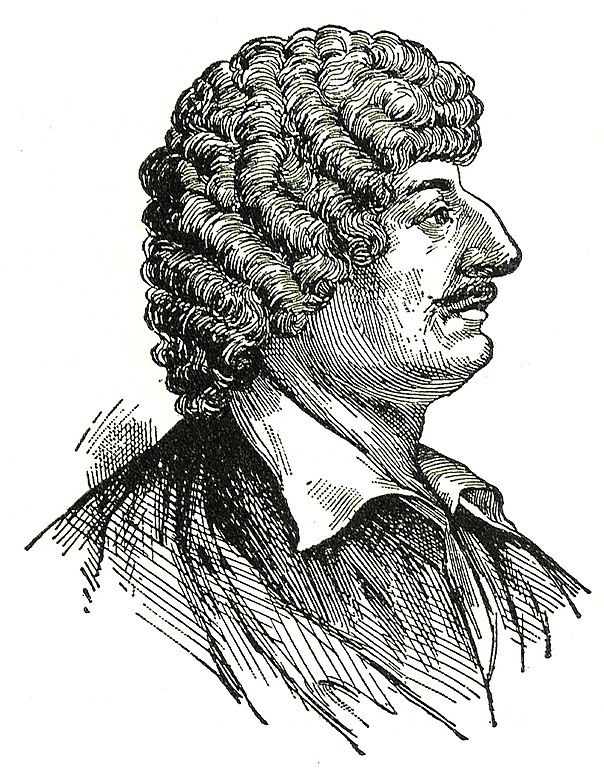
Robert Herrick (1591–1674) was an English poet and cleric who lived through the Stuart dynasty, then the civil war and finally the Restoration. In 1648 he published Hesperides: Or, The Works Both Humane & Divine, a huge collection of poetry, to which he appended a shorter collection of religious poems, His Noble Numbers: Or, His Pious Pieces, apparently dated 1647; together, they make over 1400 poems.
The Project Gutenberg has published as EBook a transcription of the 1898 edition in two volumes by Alfred Pollard of The Hesperides & Noble Numbers.
Herrick seems to have enjoyed some literary popularity in his lifetime, at least with royalists, but his work was unsuited to Restoration and the 18th century’s taste, so he became almost forgotten throughout that century. His work was published again in the 19th century, and it was alternately applauded for its poetry’s lyricism and condemned for its “obscenities.” In the second half of the twentieth century, Herrick finally became recognised as one of the most accomplished non-dramatic English poets of his age.
Although Herrick never married, love is a frequent theme in his poetry, and many poems appear as addressed to a loved woman, but this may be only a literary device. His love poetry ranges over many styles, from purely sentimental to openly bawdy, such as “The Vine” (see three versions of it on Gutenberg, Wikisource and the Poetry Foundation).
A recurring topic in Herrick’s work is carpe diem, that life is short so it should be enjoyed without delay. I present here one of his most famous poems in this vein, telling youth to enjoy love without delay, since “That age is best which is the first, / When youth and blood are warmer.” I chose the version of Gutenberg, faithful to the 1898 edition by Pollard; two similar versions can be found on Wikisource, and another one with a slightly different spelling has been given by the Poetry Foundation.
TO THE VIRGINS, TO MAKE MUCH OF TIME.
by Robert Herrick
Gather ye rosebuds while ye may,
Old time is still a-flying:
And this same flower that smiles to-day
To-morrow will be dying.
The glorious lamp of heaven, the sun,
The higher he’s a-getting,
The sooner will his race be run,
And nearer he’s to setting.
That age is best which is the first,
When youth and blood are warmer;
But being spent, the worse, and worst
Times still succeed the former.
Then be not coy, but use your time,
And while ye may go marry:
For having lost but once your prime
You may for ever tarry.
Note that John William Waterhouse titled one of his paintings “Gather Ye Rosebuds While Ye May“.
Biographical and bibliographical information on Herrick can be found on the website of the Poetry Foundation and on Encyclopedia.com.
Previously published on Agapeta, 2018/11/30.

